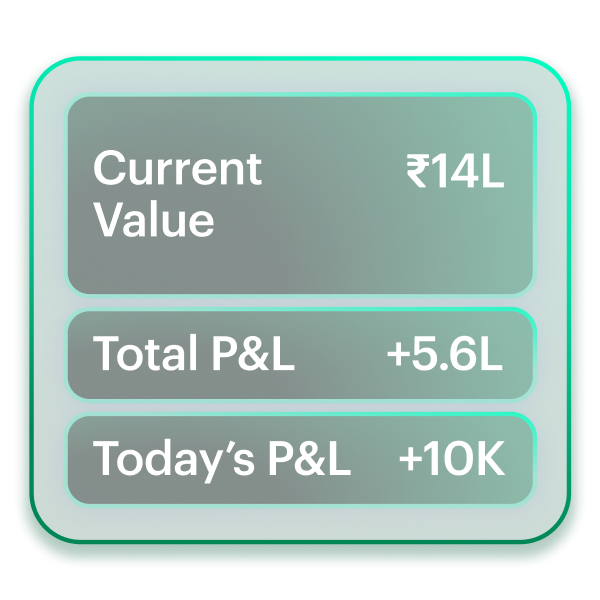Last Updated on Jun 16, 2022 by Anjali Chourasiya
The Union Cabinet, chaired by PM Narendra Modi, has approved the auction of airwaves capable of offering fifth-generation (5G) telecommunication services. According to ICRA, the telecom industry is expected to shell out around Rs 1-1.1 lakh cr. on the 5G spectrum auction.
The proposal was put forward by the Department of Telecommunications (DoT). The acceptance of the bid by the Indian government is a signal for telecommunication companies to pave the way for themselves to operate private 5G networks.
Table of Contents
Economic potential for 5G
5G services will be 10 times faster than 4G. PM Narendra Modi called for a rapid rollout of the 5G services, asking the government and the industry to work together for the same. The 5G service is expected to contribute 450 bn dollars to the Indian economy in a decade and a half through economic growth and creation.
According to ICRA, the upfront outgo is likely to be around Rs 10,000 cr. for the industry, given the relaxed payment terms of the auction. It is also said that the industry’s Average Revenue Per User (ARPU) is expected to increase by Rs 170 by the end of FY 2022-2023. It is expected to be driven by tariff hikes and consistent up-gradation of subscribers.
Details of the auction
The much-awaited 5G spectrum auction of over 72GHz will commence on 26 July 2022. While the 5G spectrum in nine frequencies will be auctioned, big firms will be allowed to take the 5G spectrum on lease for their captive non-public network from the telecom companies, said the Notice Inviting Applications (bid-related documents issued by DoT).
“A total of 72097.85 MHz of spectrum with a validity period of 20 years will be put to auction to be held by the end of July 2022. The auction will be held for spectrum in various bands (600 MHz, 700 MHz, 800 MHz, 900 MHz, 1800 MHz, 2100 MHz, 2300 MHz), Mid (3300 MHz) and High (26 GHz) frequency bands,” the government said in a press release on Wednesday.
The entire spectrum is valued at over Rs 5 lakh cr. Payments for the spectrum can be made in 20 equal annual instalments to be paid in advance at the beginning of each year. The bidders would be given an option to surrender the spectrum after 10 yrs with no future liabilities with respect to balance instalments.
The bidding process for the auction is online and will be conducted on a simultaneous multiple rounds ascending model. The auction is expected to see participation from India’s three leading carriers, Reliance Industries’ (RIL) Jio, Bharti Airtel Ltd, and Vodafone Idea (VI).
Possible pitfalls
The telecom industry in India is a significant part of the Indian economy and is expected to contribute 8% to the Indian GDP in 2022. However, there are some challenges to the next-generation 5G rollout plan. Here they are:
- The 5G implementation calls for a crucial infrastructural change in the communication system.
- Another challenge can be the lack of capital adequacy of the telecom companies.
- Consumers will be under a financial liability to upgrade their cellular technology for a better transition from 4G to 5G.
Only time will tell…
The 5G rollout in India is being considered the beginning of a new era. It is a step forward to PM Modi’s Digital India dream, as stated by Communications Minister Ashwini Vaishnaw. But, how will the consumers overcome their financial liabilities to upgrade to 5G, and how will the infrastructure come into place for the entire communication system of India? Only time will tell.
- Best Passive Mutual Funds in India: Top Index Options for 2025 - Mar 28, 2025
- Best Short-Term Mutual Funds in India for 2025 - Mar 28, 2025
- List of Top Small Cap Funds India for 2025 - Mar 27, 2025




